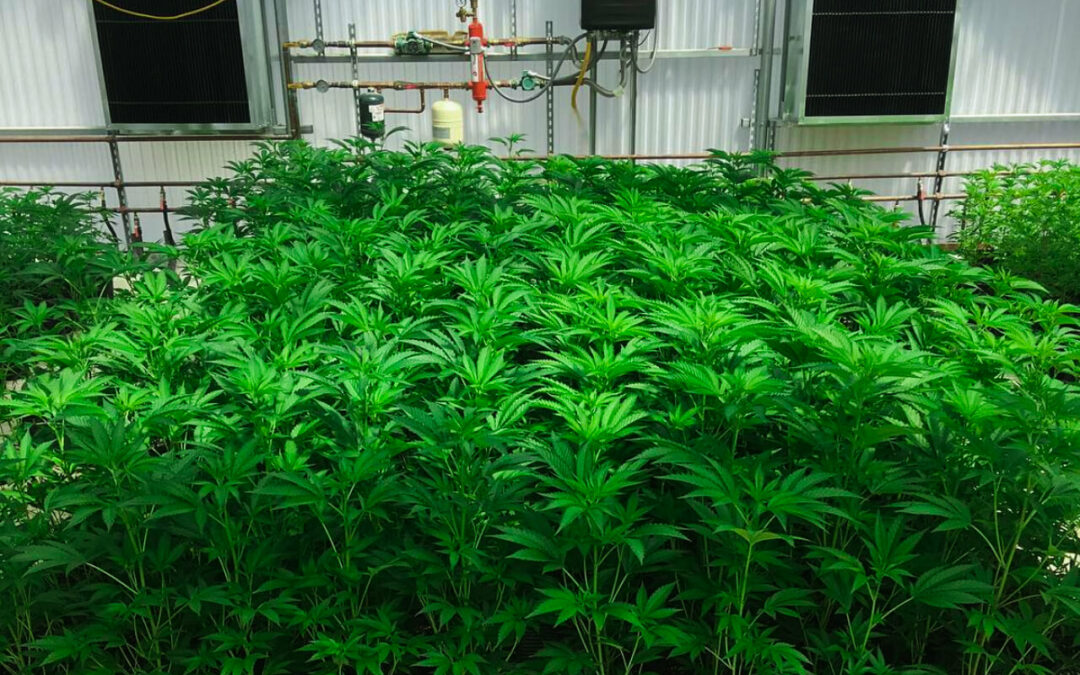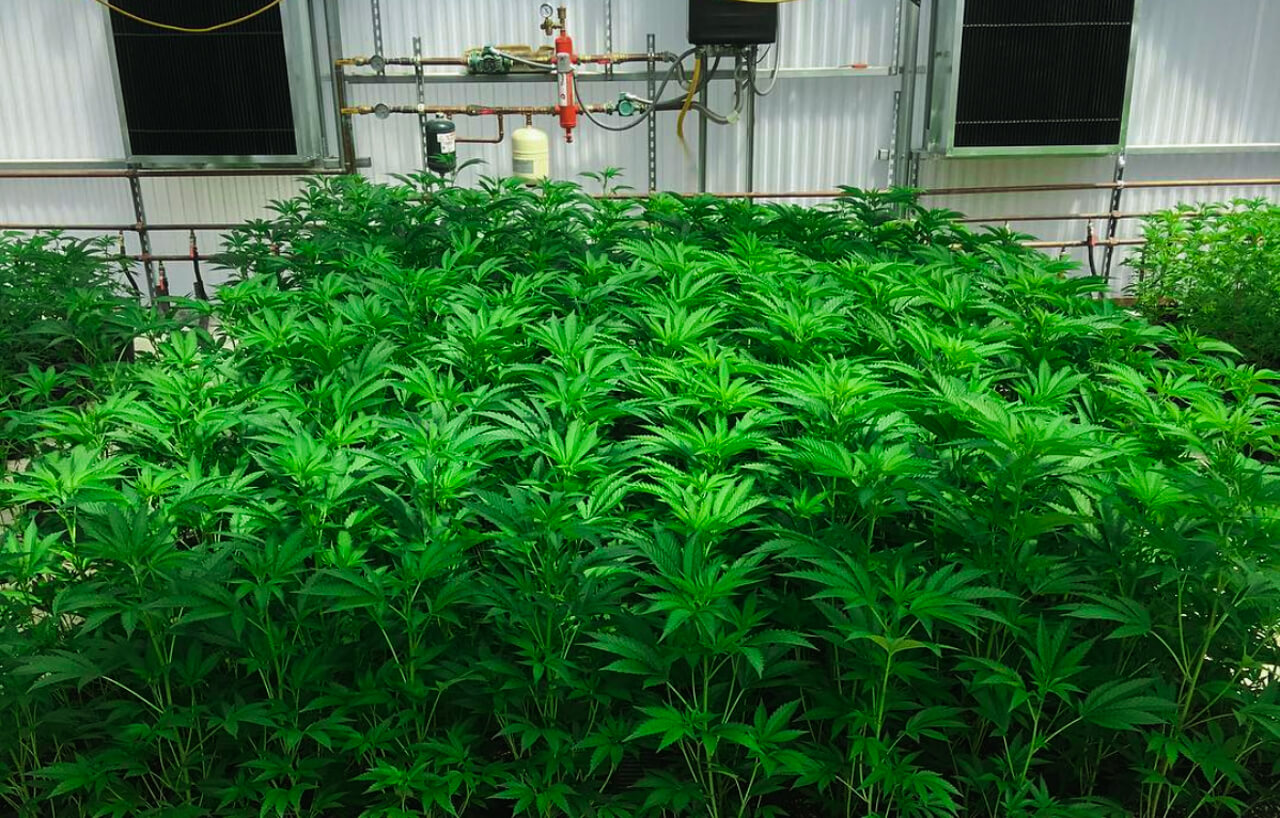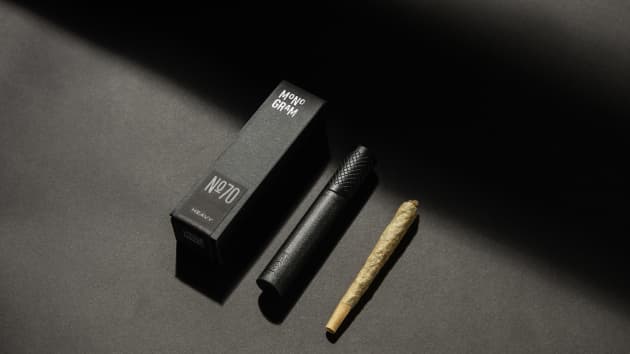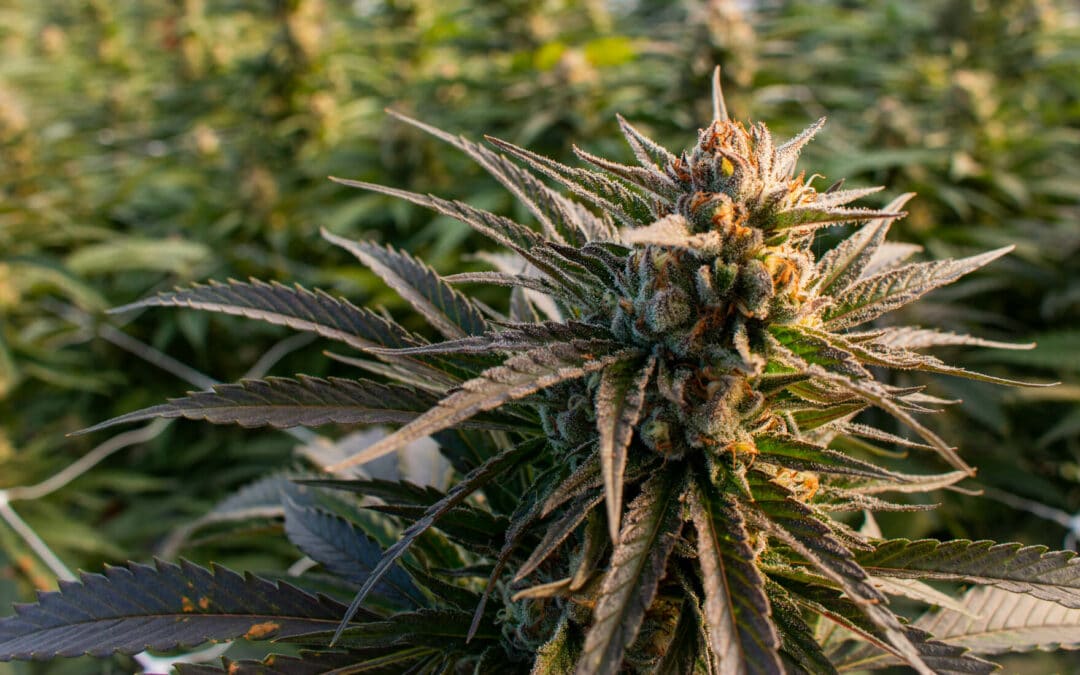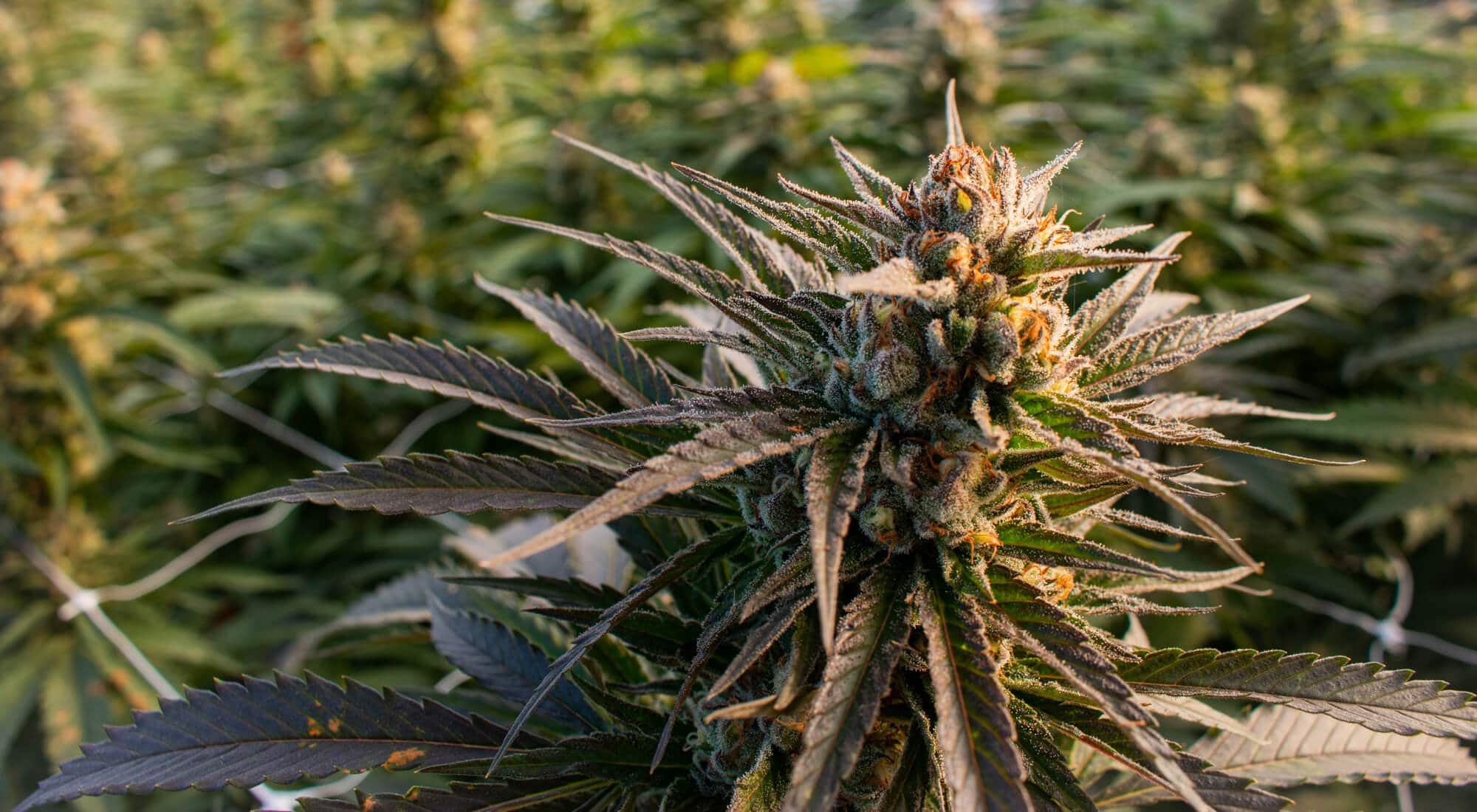
Why medical marijuana in Pennsylvania is some of the most costly in the U.S.

Bill Cobb uses medical marijuana to treat PTSD and chronic back pain.
“I’m a 50-year-old Black man who’s been a civil rights worker,” said Cobb, now a criminal-justice activist in Philadelphia. “I smoke to have my brain slow down. But to be honest, I also smoke because I enjoy it.”
Alleviating his physical and mental pain is difficult when he feels another sting: His doctor-recommended medicine is not covered by insurance. He pays out of pocket — as much as $120 a week.
“It’s way too expensive,” Cobb said. “It’s ridiculous.”
Other marijuana users in Pennsylvania agree. Surveys show that the Keystone State has some of the highest prices for medical marijuana in the nation.
Cannabis is most often sold in eighths of an ounce, which can be rolled into about seven joints. An eighth of Gorilla Glue 4 marijuana sells for $35 in California. It’s $40 in Maine. It costs $58 in Pennsylvania.
In Colorado, a full ounce of average weed often sells to consumers for $190. In Pennsylvania, the price is closer to $500. Some especially rapacious growers charge $600.

